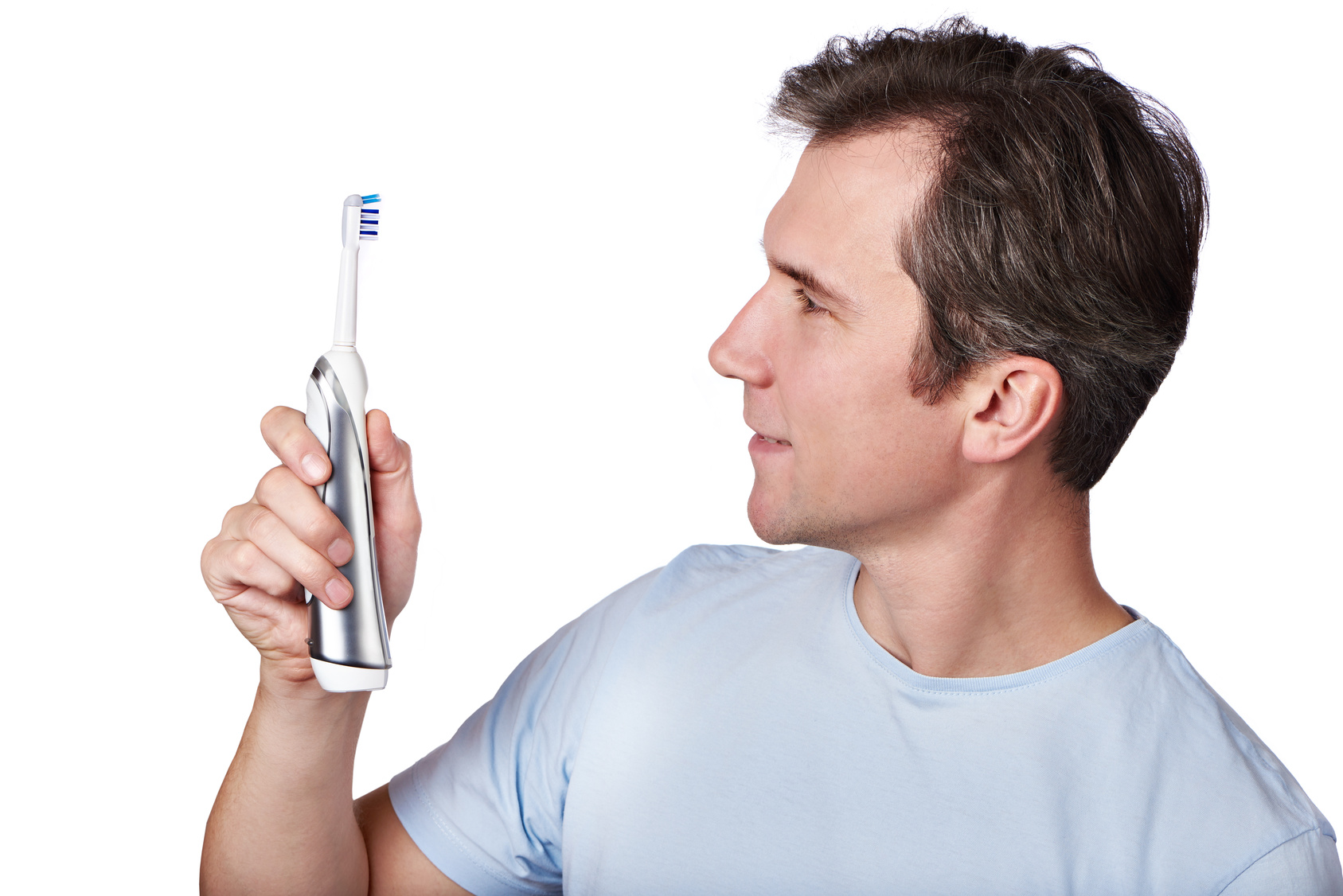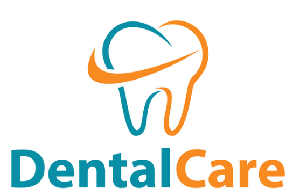Introduction
When it comes to maintaining good oral hygiene, choosing the right toothbrush is essential. With so many options available in the market, it can be overwhelming to decide between a manual toothbrush and an electric one. In this article, we will explore the pros and cons of both types to help you make an informed decision.
Manual Toothbrush
1. Cost-effective
One of the primary advantages of a manual toothbrush is its affordability. Manual toothbrushes are widely available and come at a lower price point compared to electric toothbrushes. This makes them a suitable choice for individuals on a tight budget.
2. Easy to use
Using a manual toothbrush is straightforward and requires no additional setup. You simply apply toothpaste, hold the brush at a 45-degree angle, and brush your teeth in a circular motion. This simplicity makes it a popular choice for people of all ages.
3. Portability
Manual toothbrushes are compact and lightweight, making them ideal for travel. You can easily pack them in your toiletry bag or carry-on luggage without any hassle. Additionally, you don’t have to worry about charging or replacing batteries.
4. Manual dexterity
Using a manual toothbrush can improve manual dexterity, especially in children. The act of brushing manually helps develop fine motor skills and coordination. It also allows individuals to have better control over the pressure applied while brushing.
Electric Toothbrush
1. Superior cleaning
Electric toothbrushes are designed to provide a more thorough cleaning compared to manual toothbrushes. The oscillating or rotating bristles of an electric toothbrush can remove plaque and debris more effectively, resulting in better oral health.
2. Built-in timers
Many electric toothbrushes come with built-in timers that ensure you brush for the recommended two minutes. This feature is particularly helpful for individuals who tend to rush through their brushing routine. It helps maintain consistent brushing time for optimal results.
Summary
Choosing the right toothbrush is crucial for maintaining optimal oral health. Manual toothbrushes have been around for centuries and are widely used due to their affordability and simplicity. They require manual effort to brush effectively, but when used correctly, they can effectively remove plaque and debris from your teeth and gums.
On the other hand, electric toothbrushes have gained popularity in recent years due to their advanced features and convenience. They come with rotating or vibrating bristles that provide a more thorough cleaning experience. Electric toothbrushes are particularly beneficial for individuals with limited dexterity or those who struggle with proper brushing techniques.

Ultimately, the choice between a manual and electric toothbrush depends on your personal preferences, oral health needs, and budget. It is important to consult with your dentist or dental hygienist to determine which type of toothbrush is most suitable for you. Remember, regardless of the type of toothbrus over here h you choose, maintaining a consistent brushing routine and replacing your toothbrush regularly are key factors in achieving optimal oral hygiene.
- Q: What are the advantages of using a manual toothbrush?
- A: Manual toothbrushes are affordable, portable, and easy to use. They come in a variety of sizes, shapes, and bristle types to suit individual preferences.
- Q: What are the advantages of using an electric toothbrush?
- A: Electric toothbrushes provide a more thorough and consistent cleaning experience. They often have built-in timers and pressure sensors to ensure proper brushing technique. Electric toothbrushes are particularly beneficial for individuals with limited dexterity or orthodontic appliances.
- Q: Which type of toothbrush is more effective in removing plaque?
- A: Both manual and electric toothbrushes can effectively remove plaque when used correctly. However, some studies suggest that electric toothbrushes may be more efficient in reducing plaque and gingivitis.
- Q: Are electric toothbrushes suitable for children?
- A: Yes, electric toothbrushes can be suitable for children. There are specially designed electric toothbrushes with smaller brush heads and softer bristles for kids. However, parental supervision is still necessary to ensure proper brushing technique.
- Q: How often should I replace my toothbrush?
- A: It is recommended to replace your toothbrush, whether manual or electric, every three to four months or sooner if the bristles become frayed. This ensures optimal cleaning effectiveness.
- Q: Can I use an electric toothbrush with braces or other dental appliances?
- A: Yes, electric toothbrushes can be used with braces or other dental appliances. However, it is important to choose a brush head specifically designed for orthodontic care and follow the manufacturer’s instructions for proper usage.

Welcome to my website! My name is Tristan Wynter, and I am a passionate and dedicated dental hygienist with years of experience in the field of general dentistry, pediatric dental care, smile enhancements, and dental hygiene tips. I am thrilled to have the opportunity to share my knowledge and expertise with you through this platform.




